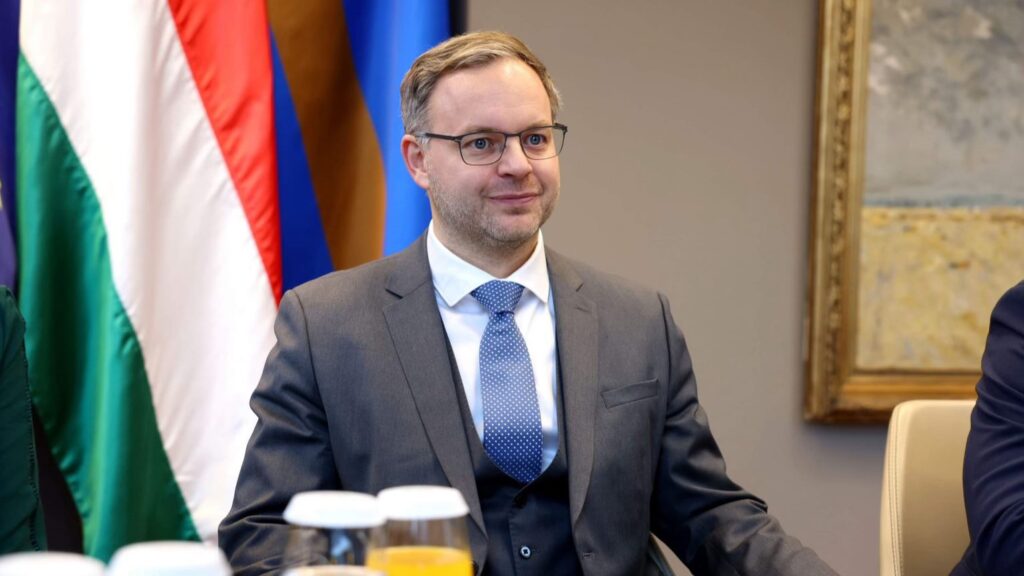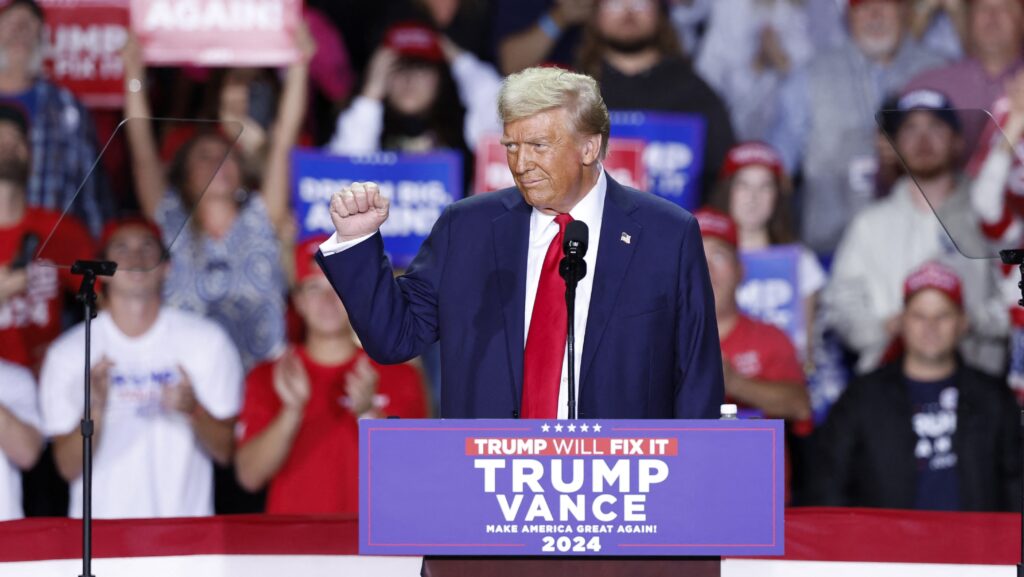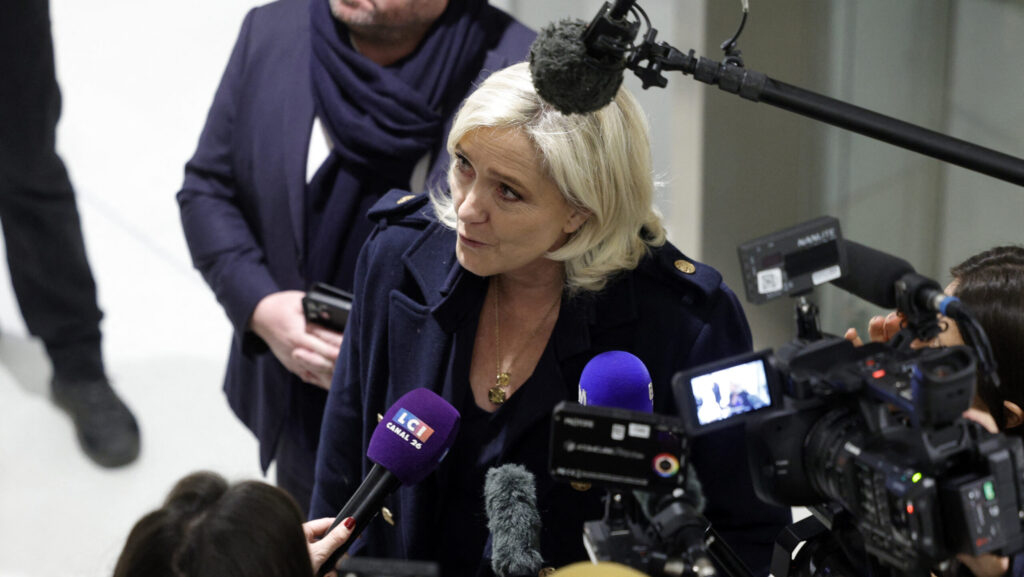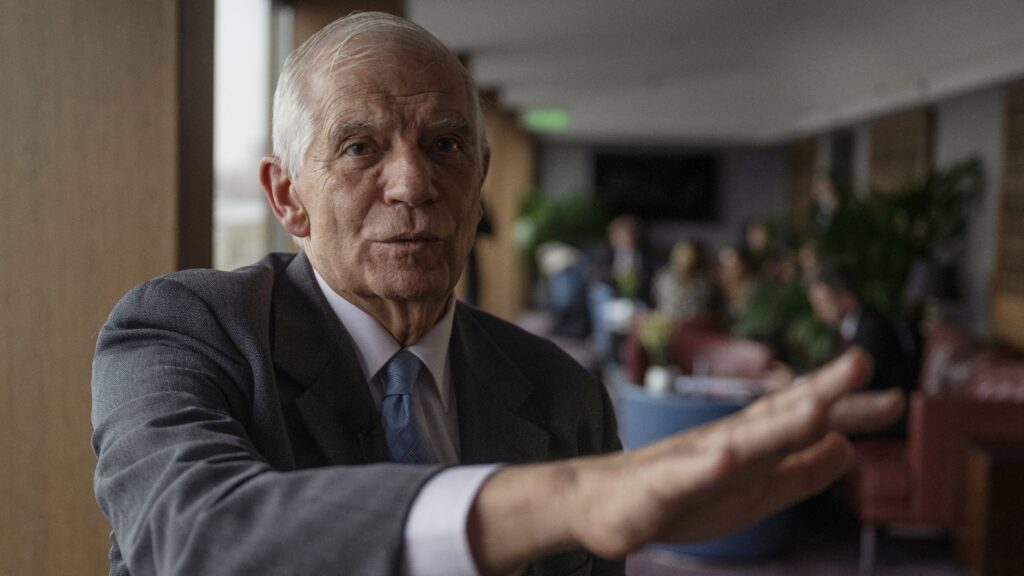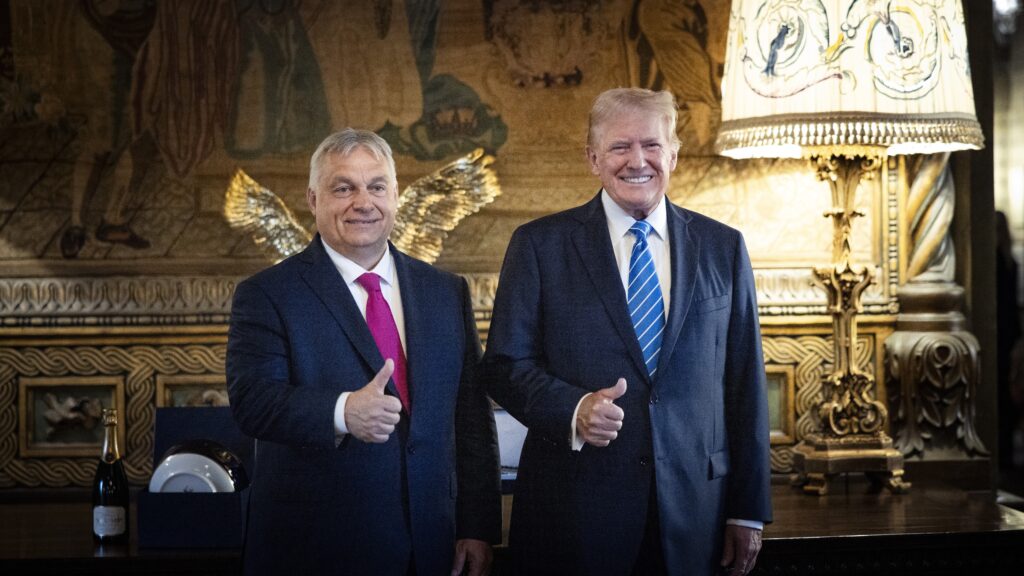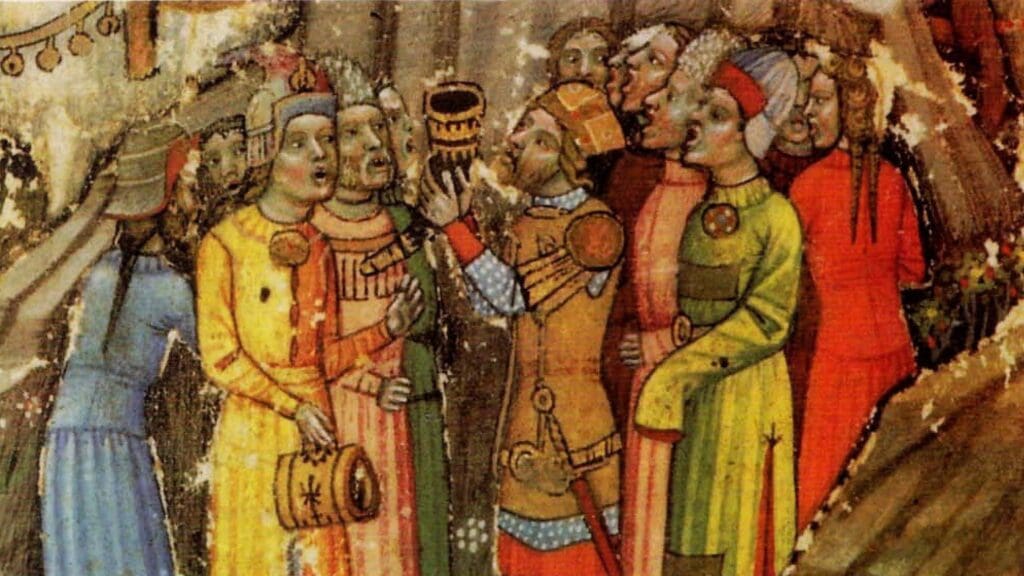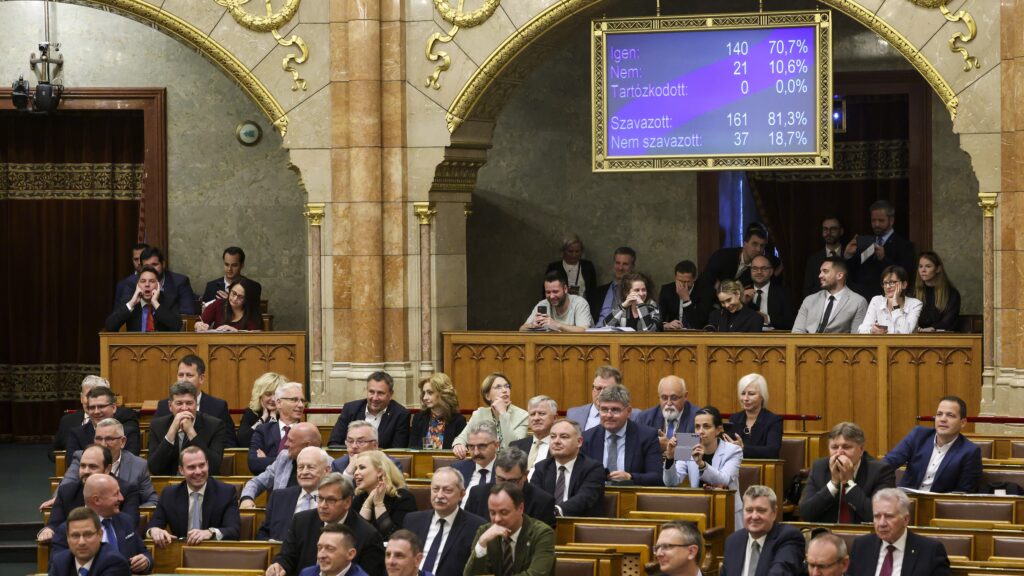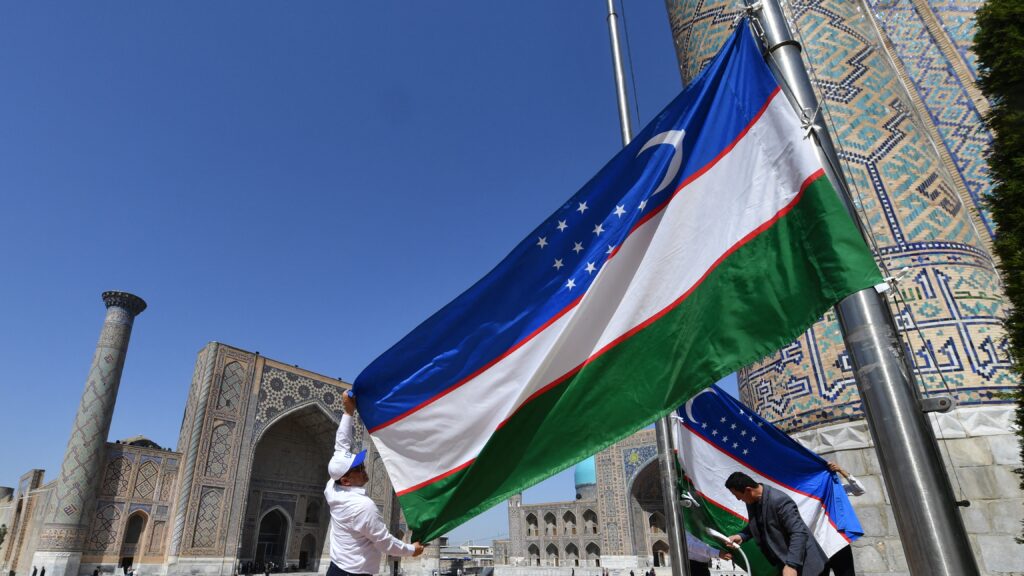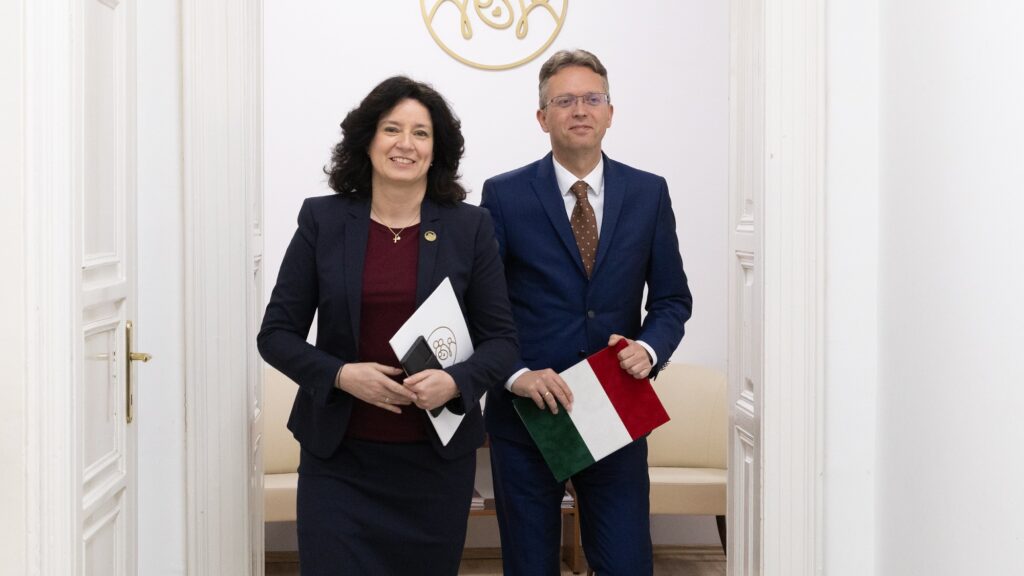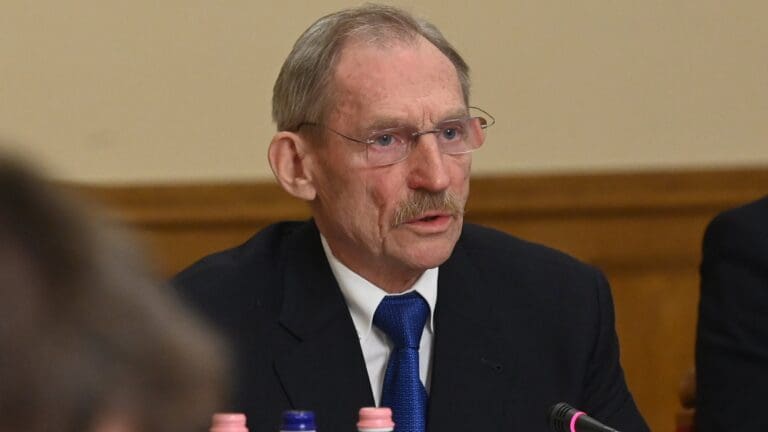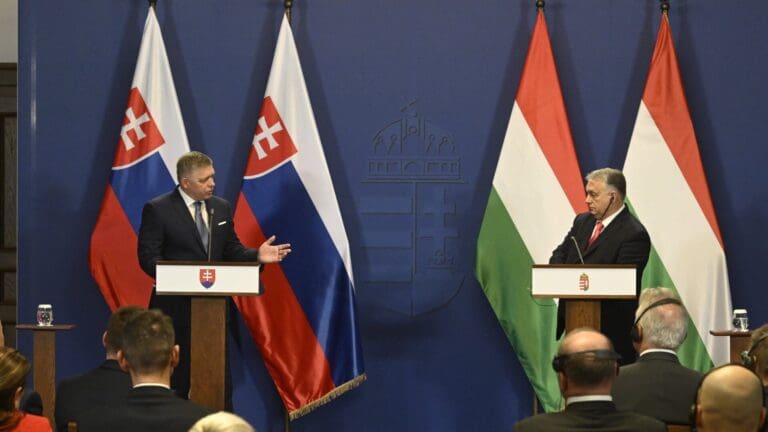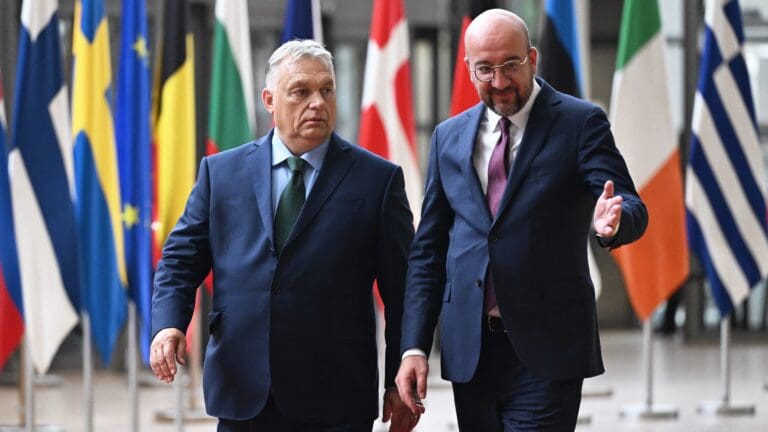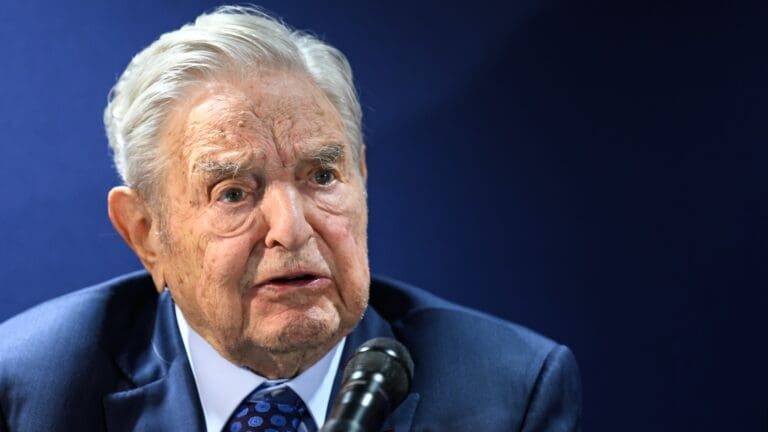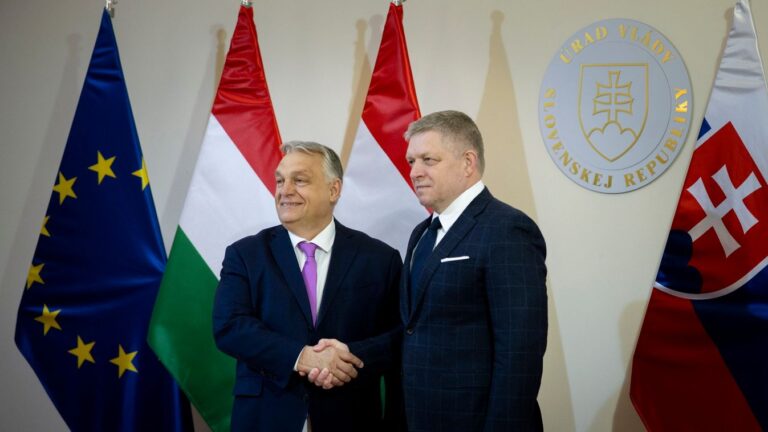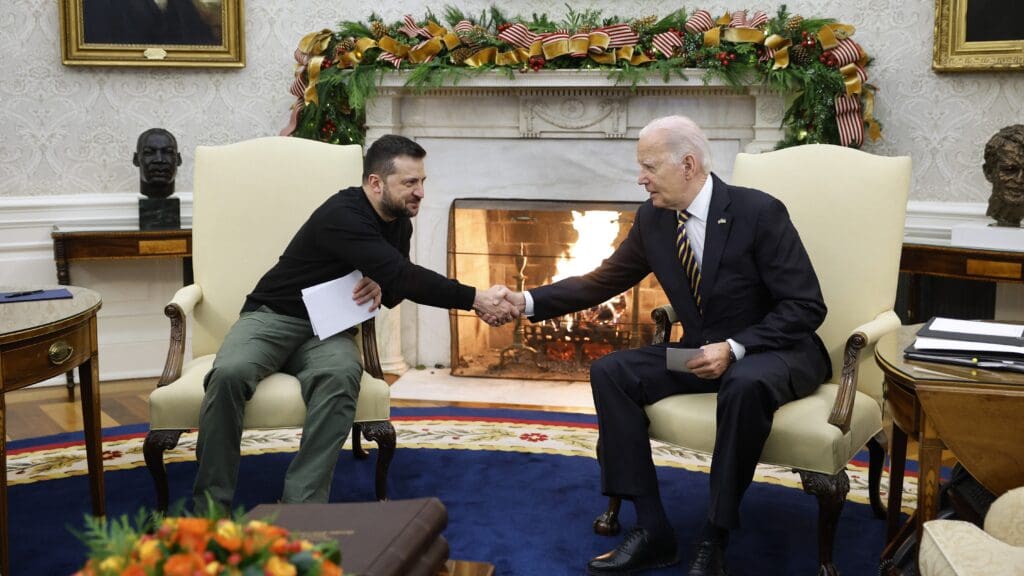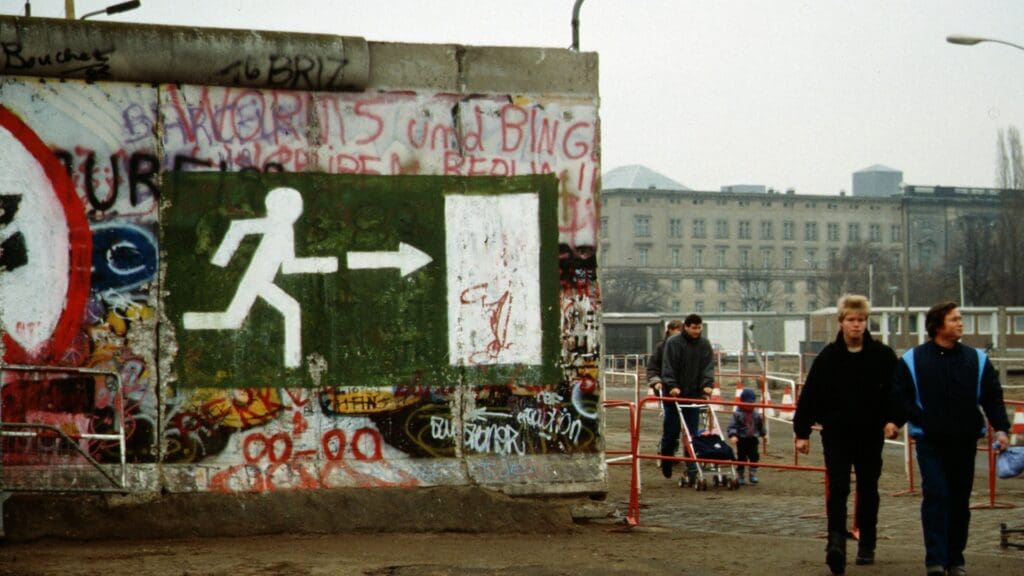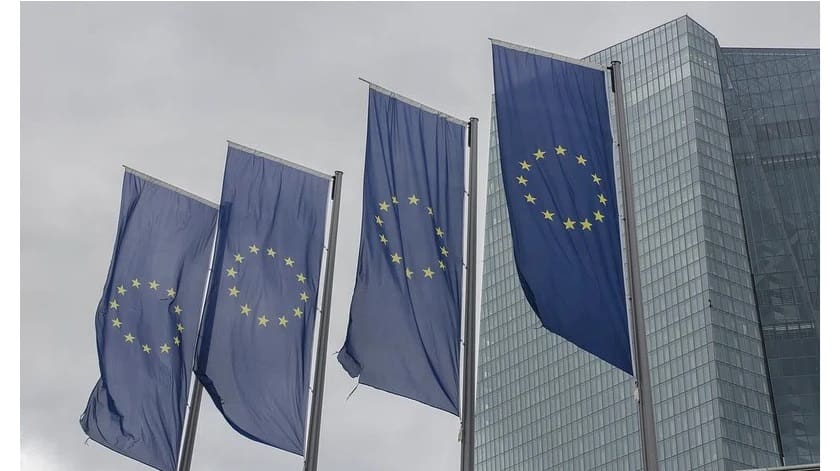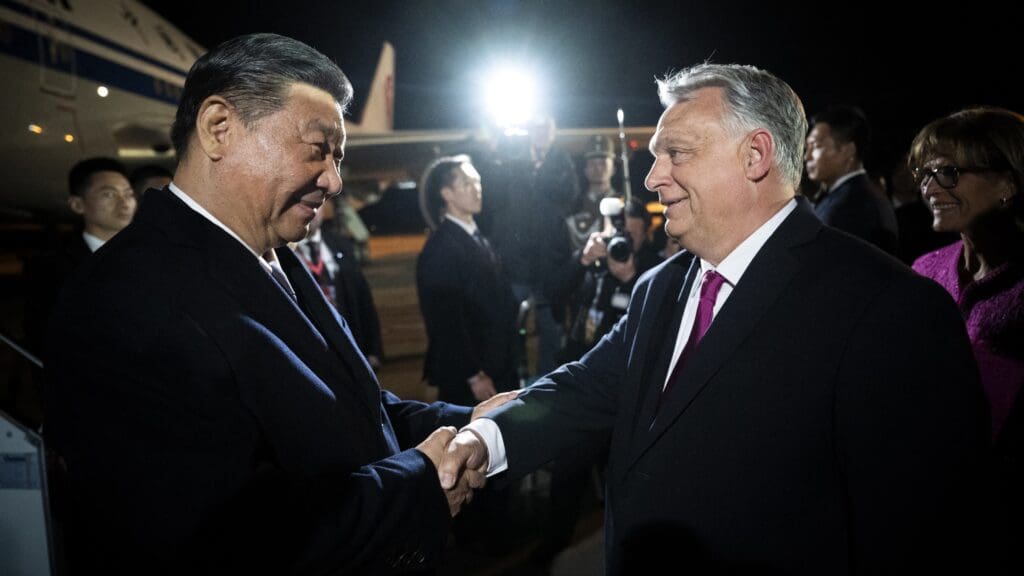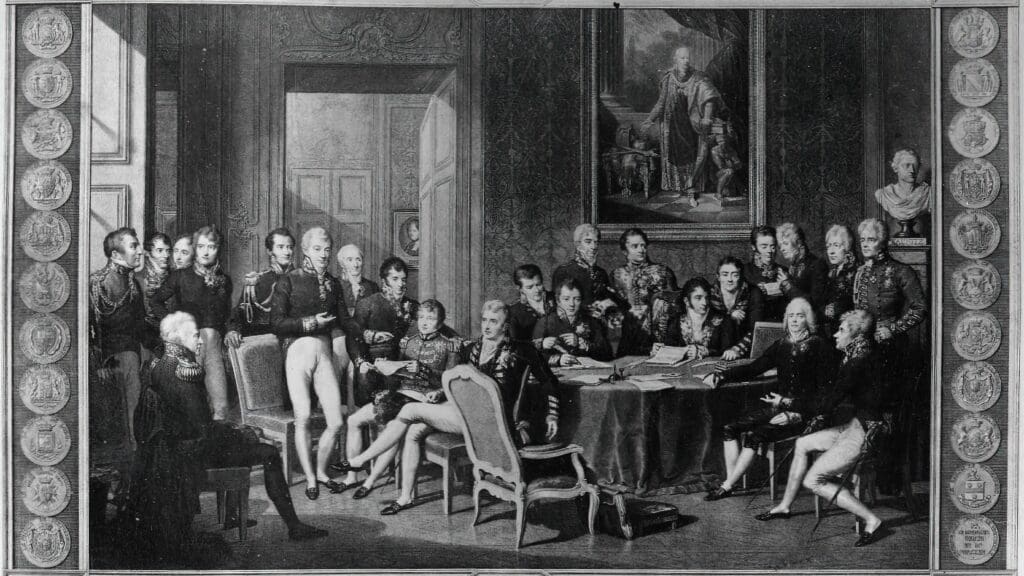
Sovereign Yet Confederal?
‘The ideological models that had emerged at the turn of the eighteenth and nineteenth centuries…had transformed social thinking and humanity’s view of the world to such an extent that it was impossible to maintain and preserve the earlier, semi-feudal Europe. This in turn meant that ethnicity and nationality, previously considered less significant elements…became a determining factor, leading not only to an exploration of the historical past of a given community, in the search for national heroes, but also to a demand for political unification with ethnic or linguistic compatriots within a single country.’

Hamilton Envy Is Disabling European Politics
‘When European elites long for a “Hamiltonian moment”, they imagine that a particular common financial necessity could be the spark that brings about a common political framework as well—hence the continuous return of talk of the “Hamiltonian moment” in discussing the EU’s attempts to deal with the eurozone crisis.’

‘As long as we don’t have a shared history book in the Carpathian Basin, we have work to do’ — An Interview with Zsolt Szekeres, President of the Hungarian Human Rights Foundation (HHRF)
‘Since 1990, we have had to find new ways of explaining the issues. The communist dictatorships have collapsed, everything seems to be going fine, nice-sounding laws are being passed, but these are not being enforced, and in some cases the situation is deteriorating. The countries have European Union membership, and many border issues have disappeared thanks to the Schengen agreement, but problems remain.’
Balázs Orbán Talks of New World Order at Anniversary Event for Rubicon
The Political Director of the Hungarian Prime Minister spoke at the 35th anniversary event for the Hungarian history periodical Rubicon. He discussed the end of the unipolar world order dominated by the United States, the EU in the new world oder and the new Trump administration’s novel approach to geopolitics.

What Trump’s Administrations Have Meant and Will Mean for Europe
‘Across various European nations conservative and right-wing parties have capitalized on issues like immigration, national identity, and dissatisfaction with traditional political establishments to gain substantial electoral support…without the epochal change on 6 November 2016 in the United States, these shifts in Europe would have taken much longer.’
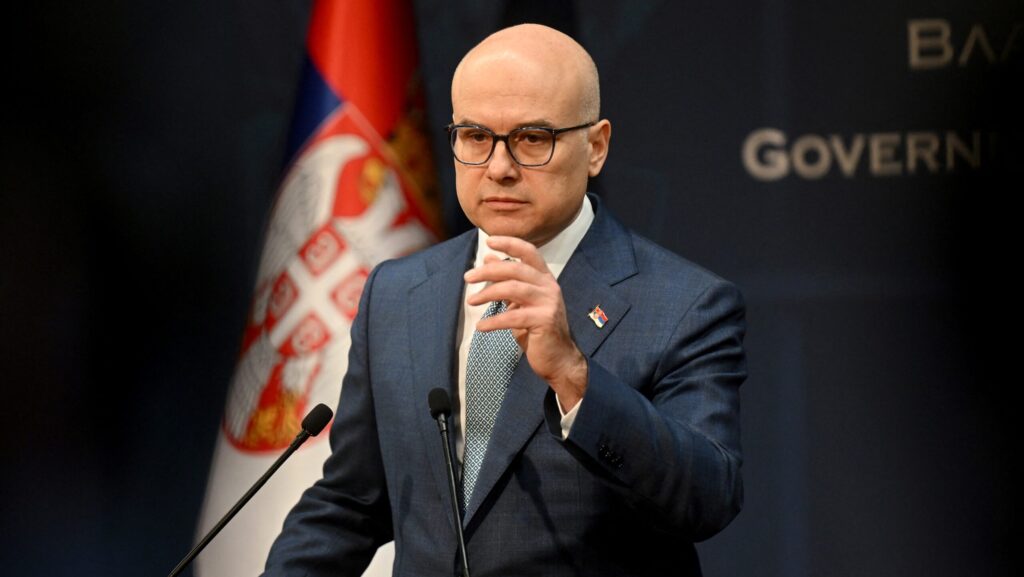
Serbian PM Resigns Amid Growing Tensions After Deadly Railway Station Accident
After months of demonstrations following the accident at the Novi Sad railway station, Serbian Prime Minister Miloš Vučević resigned on Tuesday, with Novi Sad Mayor Milan Đurić also expected to step down. Serbian President Aleksandar Vučić is set to decide later today whether to appoint a new prime minister or call snap elections.

Opaque Moderation Rules of Tech Giants Impact Half a Million Hungarians
A recent study commissioned by Hungary’s National Media and Infocommunications Authority reveals that Facebook’s opaque moderation policies may have restricted up to half a million Hungarian users. The research highlights the lack of transparency in tech giants’ content rules.
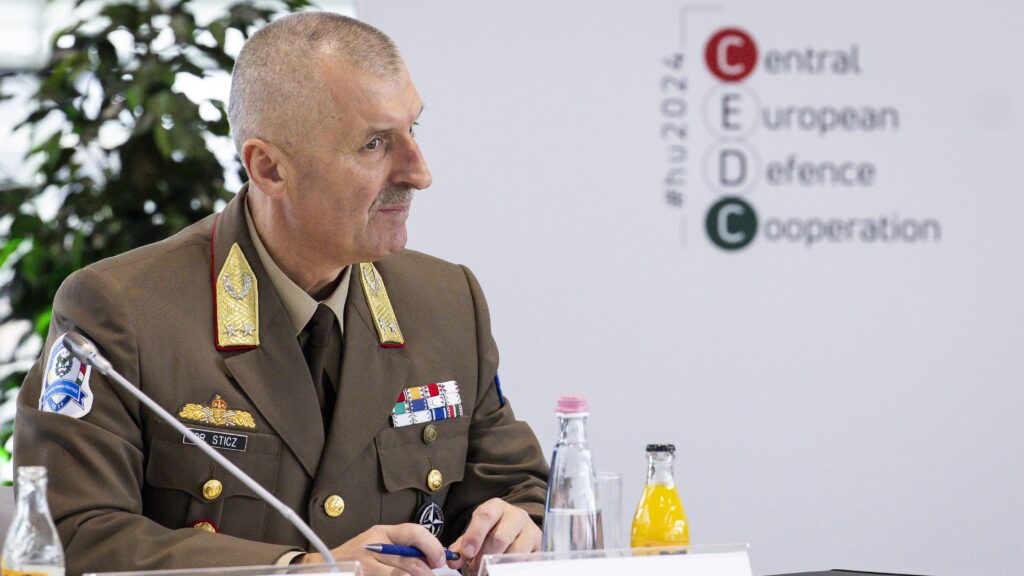
Hungarian Commander Reflects on a Challenging Year of Leadership in EUFOR Althea
Along with the Hungarian commander, a Hungarian peacekeeping contingent was deployed in Bosnia and Herzegovina with about 400 soldiers. The HDF provided an air search and rescue team, an air evacuation team, an artillery team with dog patrols, medical support (ROLE-1 level), as well as logistical support and supplies with 250 personnel.

Cybersecurity Expert Sheds Light on Bomb Threats Sent to Hungarian Schools
Bomb threat emails targeting Hungarian schools last week were traced to Ukrainian IP addresses using a Russian email provider. While this provides clues, determining the actual origin remains complex due to disposable email accounts and VPN technologies, experts say.
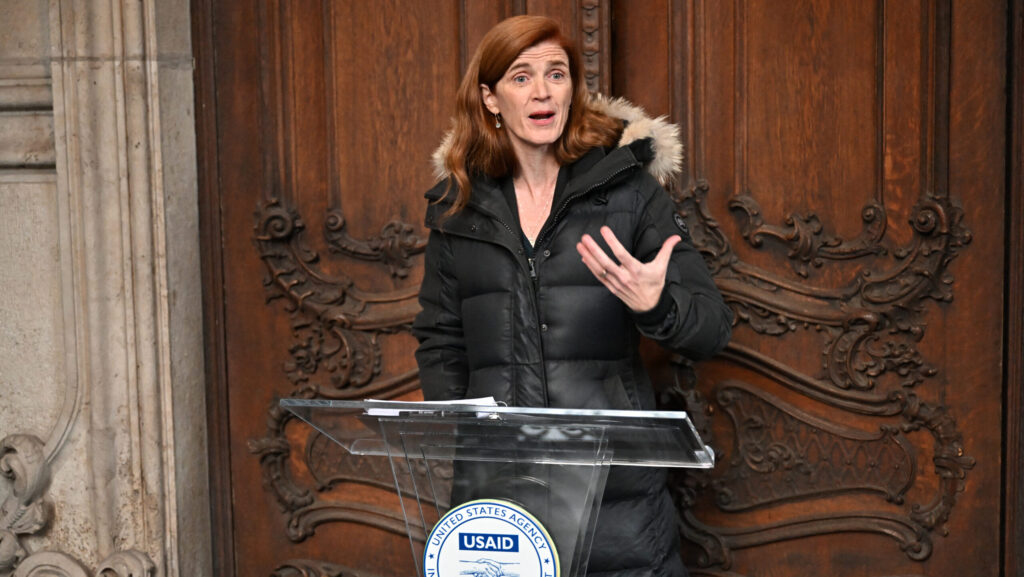
Trump Cuts Off the Snake’s Head, Sidelines USAID Leadership
Donald Trump took an unexpected step on Monday by ordering dozens of senior officials at the US Agency for International Development (USAID) to go on administrative leave. USAID has a long history of foreign interference under the pretext of providing aid, including significant grants to Hungarian anti-government media and government-critical NGOs.



